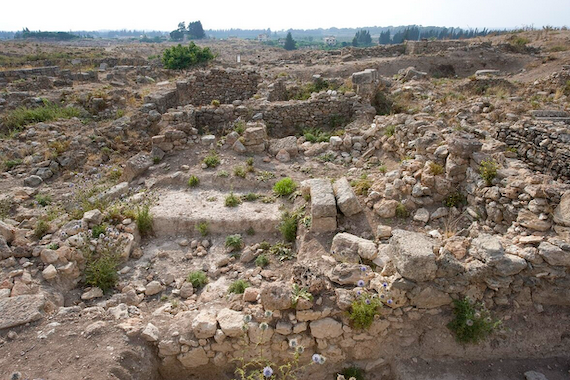rylah
Gold Member
- Jun 10, 2015
- 21,957
- 4,689
- 290
Abraham's father made idols and lived in Urfa. Definitely a Canaanite.
Making id(e)ologies and following them are different things.
Cana'anites weren't Semites, but I don't expect
Arab imperialists know the local history.






